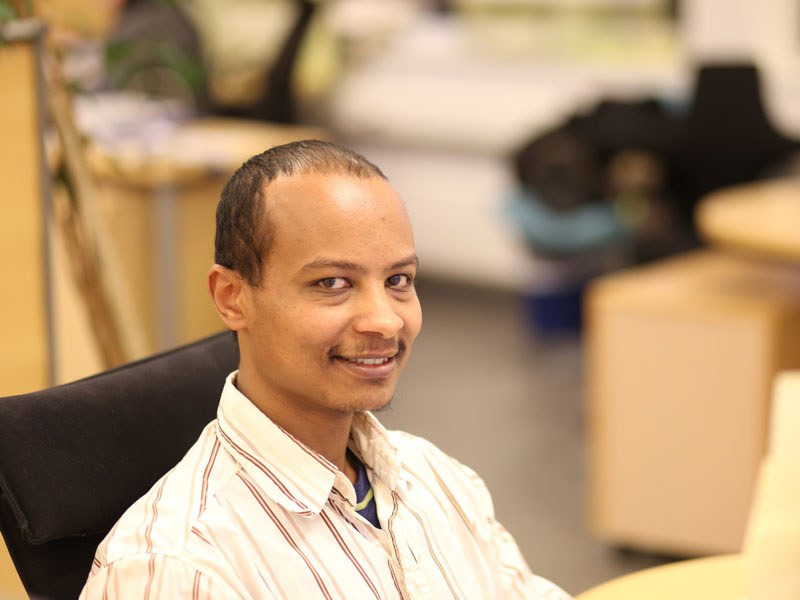Secure e-health in the cloud
The EU-funded project Asclepios aims to build a cloud-based e-health framework that protects users' privacy and prevents attacks.

Citizens and health care professionals need to trust the health services. This also includes trust in storing health data in the cloud.
However, today mostly rudimentary techniques are used to secure data. Much more can be done, and this is the aim of the project.
«The idea is making cloud infrastructure secure, for e-health applications. For instance, it would be electronic health records and storing of health data,» says Kassaye Yitbarek Yigzaw, the project manager of Asclepios at the Norwegian Centre for E-health Research.
Coordinator for the whole project is Tamas Kiss at University of Westminster (UK).
Spreading knowledge and increasing security awareness of health professionals is at the heart of the project. Asclepios stands for: Advanced Secure Cloud Encrypted Platform for Internationally Orchestrated Solutions in Healthcare.
GDPR compliant
The big issue of GDPR - General Data Protection Regulation - will be central for e-health.
Complying, or not, with GDPR affects economy – the fines for not doing so are big. Also, it affects the reputation of organizations – the trust of patients and public in general. Therefore, it will be ensured that data processing with the ASCLEPIOS framework comply with GDRP.

Three use cases
The results of the project will be demonstrated in three real life e-health applications. One of the applications, developed at the Norwegian Centre for E-health Research, provides feedback to clinicians on their antibiotic prescriptions.
«We will look at the prescription pattern of doctors. By now we are all aware of the global threat of antibiotic resistance, due to over-prescribing,» says Yigzaw.
Feedback on how doctors prescribe antibiotics will hopefully lead to better practice. «It is great for our centre to be part of this big EU project,» says Yigzaw. «There is great need for knowledge and getting it out there. At the end of it we hope to contribute to a better and safer use of health data.»